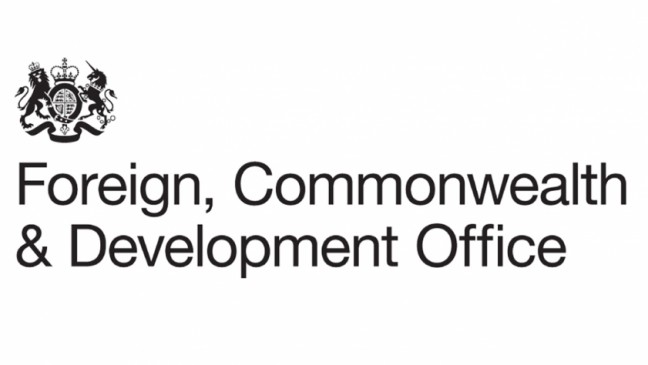FG, UK agency develop model to tackle animal diseases
The Federal Ministry of Agriculture and Food Security and the Foreign Commonwealth and Development Office (FCDO)-funded climate and agriculture programme, Propcom+, have developed a Public-Private Partnership (PPP) to tackle deadly animal diseases in Nigeria. The PPP framework is expected to enhance effective control and management of vaccine-preventable animal diseases such as Newcastle disease, peste des […]

The Federal Ministry of Agriculture and Food Security and the Foreign Commonwealth and Development Office (FCDO)-funded climate and agriculture programme, Propcom+, have developed a Public-Private Partnership (PPP) to tackle deadly animal diseases in Nigeria.
The PPP framework is expected to enhance effective control and management of vaccine-preventable animal diseases such as Newcastle disease, peste des petits ruminants (PPR), foot and mouth disease (FMD) and other contagious diseases that are associated with high losses of livestock in Nigeria.
Speaking with journalists at a one-day stakeholders consultative meeting in collaboration with the Department of Veterinary and Pest Control Services of the ministry yesterday in Abuja, Propcom+’s Country Representative, Dr Adiya Ode, said that a robust PPP framework would facilitate the institutionalisation of routine livestock vaccination at the federal, state and local government levels and save costs from annual losses.
“Among other things, Propcom+ is looking to strengthen last mile delivery of animal health vaccines by replicating and scaling the Community Animal Health Workers (CAHWs) and the Veterinary Para-Professionals (VPP) models which have been piloted in various locations in Nigeria,” Ode said.
54 illegal miners, telecommunication mast vandals arrested in FCT
Hardship: Lagos records long BRT queues after transport fare cut
Dr Ishaku Mohammmed, who works with the Federal Department of Veterinary and Pest Control Services, Sanitary Division, Federal Ministry of Agriculture and Food Security, emphasised the importance of developing a framework for sanitary mandates and engaging stakeholders.
